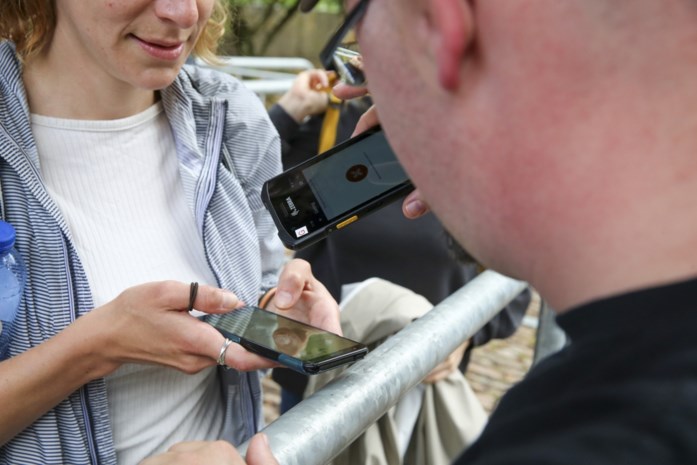On Thursday, Federal Health Minister Frank Vandenbroucke welcomed the progress made towards expanding the Covid Safe Ticket (CST) to certain sectors in Brussels from October.
If the CST is be extended, people will need to prove that they are fully vaccinated, have recently tested negative or recovered from an infection in the past six months to gain access to bars, gyms or even hospitals.
"I think it is a good decision," Vandenbroucke told Bel-RTL on Thursday morning.
By Thursday afternoon, the framework to regulate the expanded use of the CST in the Brussels-Capital Region was approved at first reading, according to a press release from the cabinet of Minister-President Rudi Vervoort.
"With this first-reading approval, the Brussels government confirms its firm intention to make the CST applicable to certain sectors quickly," the press release stated. This should happen as soon as the amendment to the agreement and the ordinance itself have been legally finalised.
Related News
- Flanders is open to expanding Covid Safe Ticket, says Jambon
- 'Slippery slope': Covid Safe Ticket threatens people's fundamental rights, says Unia
- Vaccinated people who test positive will no longer get Covid Safe Ticket
"The CST is an instrument that can first of all secure the freedoms that people have acquired despite the virus," said Vandenbroucke, adding that it is also an incentive for the population to get vaccinated.
He also pointed out that a CST is already required "in all neighbouring countries" (Germany, Luxembourg, France, the Netherlands) to access hotels, theatres, cinemas, etc.
"These are not dictatorships, they are intelligent countries," said Vandenbroucke.
However, a number of sectors and organisations have raised questions and doubts about using the CST in more situations, ranging from the Brussels hospitality sector (which is afraid it will just shift the problem to another region) to the national human rights institution Unia (which fears that it will only encourage discrimination and result in a polarisation).
Apart from using it in leisure sectors, Vandenbroucke also mentioned the possibility of requiring a CST at the entrance of hospitals and residential care centres because of "the high circulation of the virus, also in Flanders, among young people."
Earlier this week, Flemish Welfare Minister Wouter Beke announced that he was looking into it, and Vandenbroucke now confirmed that "this is certainly a possibility and I encourage the Flemish government to make this decision."

